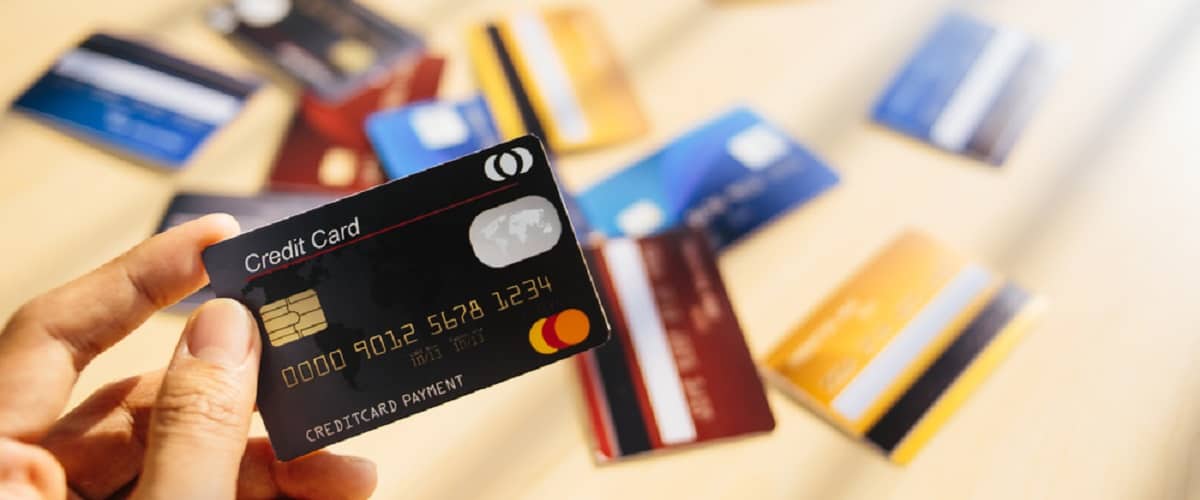Given our current economic state, you may not find it too surprising to hear that interest rates are on the rise. Not long ago, we reached the point where the interest on the U.S. deficit grew dangerously high. But what about household debt? It’s a sneaky financial snake that we should be watching out for, or freeing ourselves from as soon as possible.
The average American family has about $7,000 in revolving debt. This is debt that carries over, month after month. This is most commonly in the form of credit card debt. With interest rates rising, so does the overall number of debt owed. Just last year, this number was only $6,080 per family. NerdWallet credit card expert Kimberly Palmer spoke about how dangerous yet common this problem is.
“Credit card debt is the stain on millions of Americans’ finances that doesn’t scrub off easily, if ever. High interest rates combined with expenses that continue to outweigh income mean that some households are unable to fully rid themselves of debt and, in fact, continue to take on more.”
NerdWallet has reported an approximate 5 percent increase in month-to-month credit card balanced compared to last year. Since employment rates are about the same, they attribute this change to the rise in the cost of goods while incomes remain the same.
Reducing and Paying Off Credit Card Debt
Maybe you’re reading this because you want to be mentally prepared, should you ever fall into debt. Maybe you’re already in debt, but too embarrassed to talk about it. Regardless of why, we won’t judge. We’d much rather help you out. The Penny Horder has some helpful advice on how to gradually reduce debt, which we’ve researched and compressed down.
The biggest advice they give is to not use your credit cards. Spending money is easy, too easy. And the easier it gets, the more likely you are to do it. That’s why Amazon created the “One-Touch” payment system and those automated “order now” buttons people put around their homes. If you cut off access to the cards, you won’t be inclined to add more money to those cards. You can disable the accounts altogether if you really want. So that you couldn’t use them if you wanted to.
The second best advice they give is to reduce luxury spending. A $20 meal at Applebee’s could be replaced with an affordable meal at home. That 12 pack of soda would be tap water. Even if it’s simply opting for the generic discount brands over the name brand. Those savings add up, and that can be applied to your debts.
The last trick is more a trick than the others. Most companies calculate interest by an average daily balance. Meaning that if you were to pay $50 every week, it would result in a lower interest rate than if you paid $200 at the end of the month. Smaller, frequent payments are a good way to somewhat reduce interest build upon these accounts.
Debt is a major burden. If you’re wanting to live a self-sufficient life, you’ll want to eliminate this debt as quick as you can.

